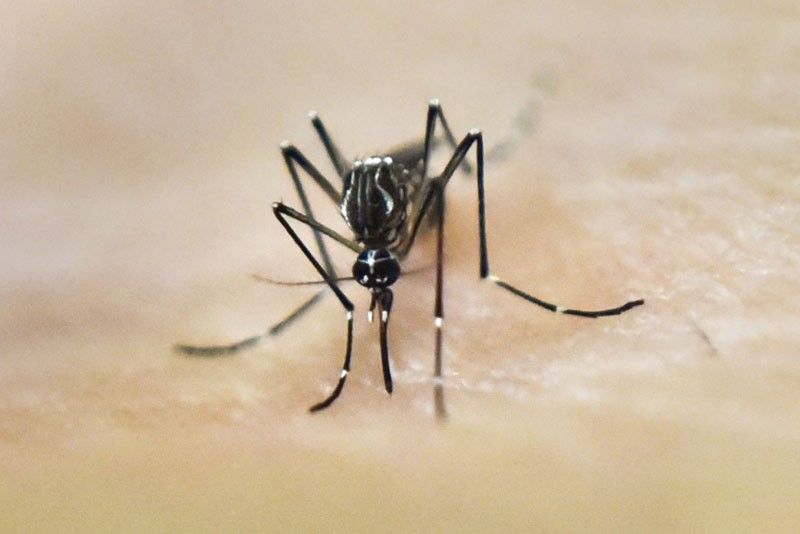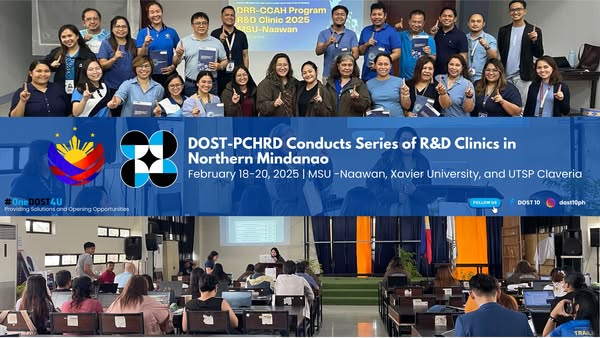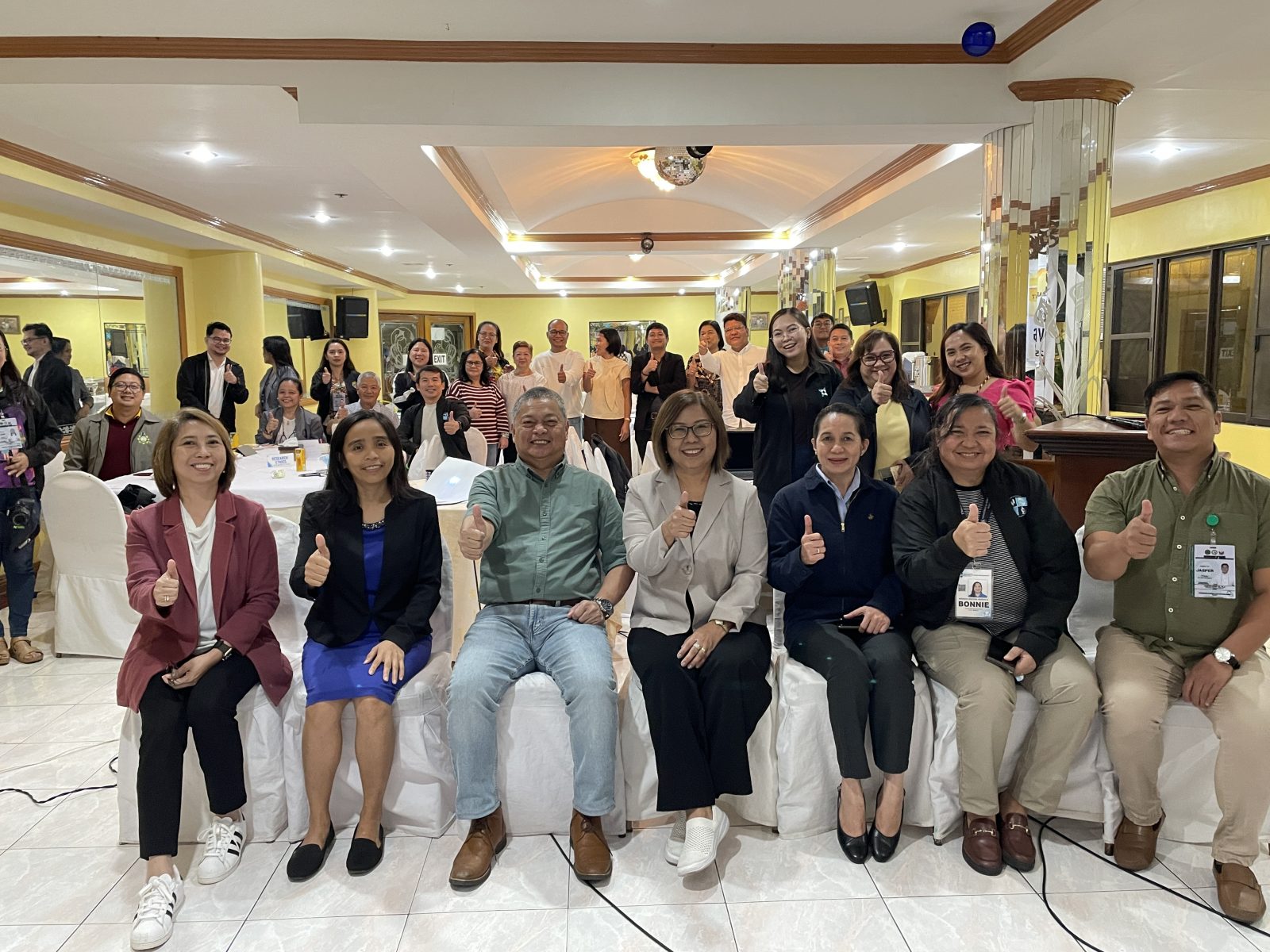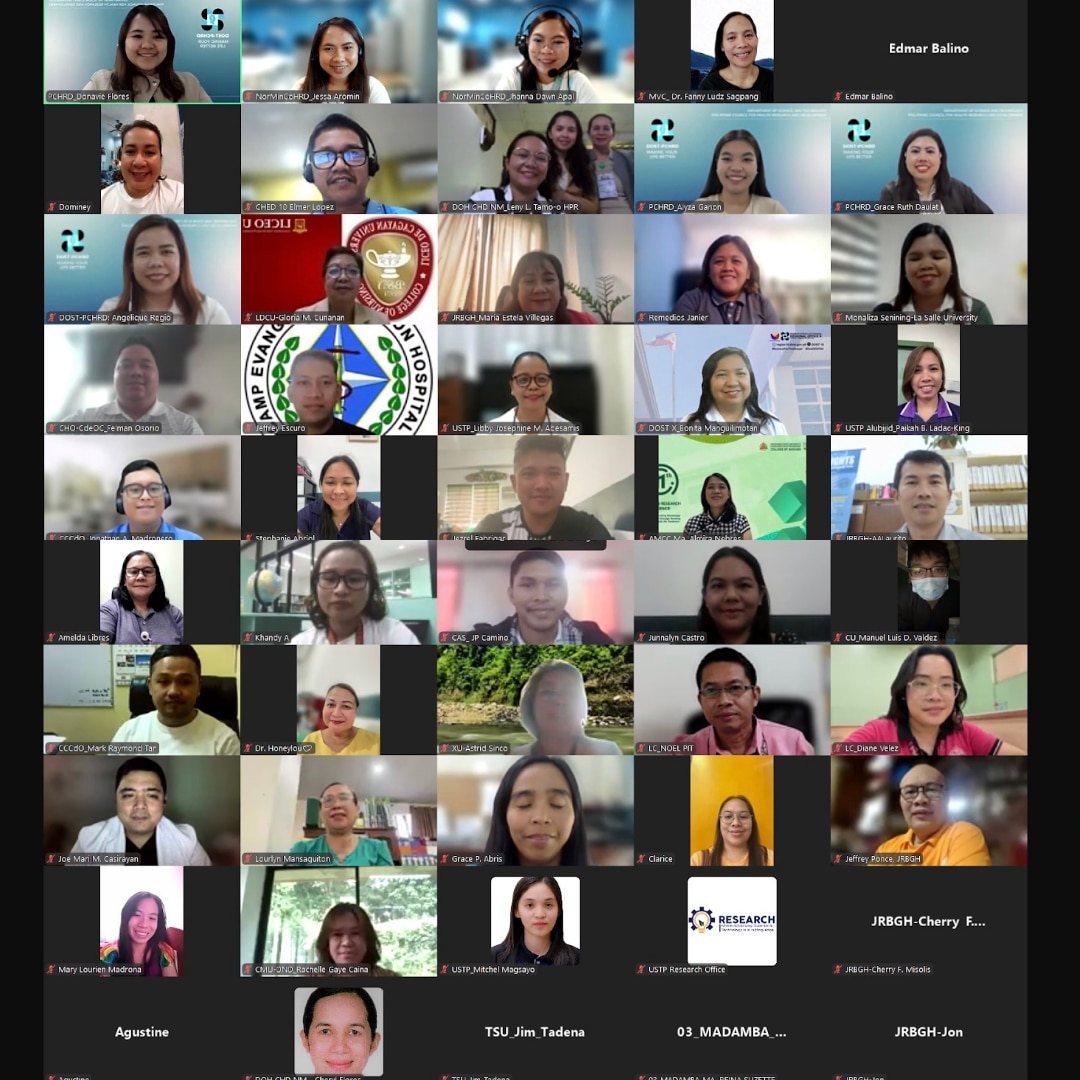
Local researchers are now gearing for the Phase 2 clinical trial for an anti-dengue drug, which could possibly be the first treatment for the disease.
“Wala pa pong accepted medicine for dengue (There is no accepted medicine for dengue yet). This will be the first anti-dengue medicine, if ever. First locally-made drug,” Philippine Council for Health Research and Development (PCHRD) executive director Jaime Montoya told the Philippine News Agency (PNA) in a message Thursday.
So far, he said the PCHRD has already allocated PHP4.69 million for the Phase 1 clinical trial conducted at the Gentri Medical Center and Hospital in General Trias, Cavite. It ended in 2020.
The Phase 2 clinical trial, which will last for 10 months, will be held at the same hospital and about 600 are expected to participate in the study, he added.
Montoya said Phase 1 clinical trial determined the maximum dose of the drug that could be administered to healthy volunteers without manifesting any serious adverse events nor dose-limiting toxicities.
“Compared to the Phase 1 clinical trial where safety among healthy subjects was evaluated, Phase 2 will focus on testing the drug on a much greater number of volunteers (approximately 600) to test both its safety and efficacy. The volunteers who will be recruited at this stage are dengue patients,” Montoya said.
While Phase 1 evaluated signs of adverse events related to dosing, Phase 2 will assess parameters relating to the drug’s effectiveness to mitigate dengue disease severity by lowering the viral load, reducing vascular leakage and stimulating platelet formation, he said.
Montoya said 18 participants were included in Phase 1 clinical trial. “Initially, 78 were enrolled. Twenty-four were randomized, then 18 were included in the analysis.”
At least PHP18 million is needed for the 600 participants in Phase 2 clinical trial.
For the Phase 3 clinical trial, the anti-dengue capsule will be registered with the Food and Drug Administration (FDA) before it can be distributed in the market.
The DOST is currently preparing the budget for Phase 2 clinical trial, de la Peña said.
De la Peña said once the Phase 3 clinical trial is finished and the drug has the FDA approval, and if the Department of Health (DOH) decides to adopt the technology, would determine if the drug would be given for free.
“There is a need to evaluate the result of the upcoming Phase 2 clinical trial to ensure that the investment for Phase 3 is correct. The adoption of the technology would be dependent on the DOH or the private sector,” he said.
The DOST’s role, he said, is to fund or support researches that aim to develop technologies that may address the problems in the country using science.
The DOST earlier supported a herbal supplement against dengue, and this was made available to the market in 2019.
The herbal supplement was developed through a loan by Herbanext. (PNA)
Source: https://palawan-news.com/locally-made-anti-dengue-drug-development-underway/







